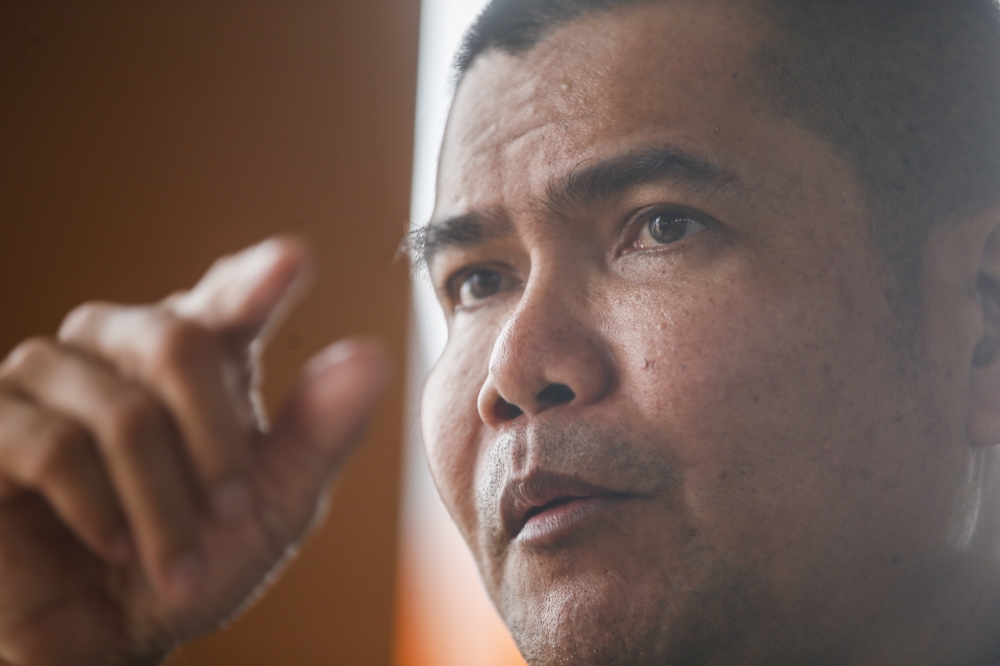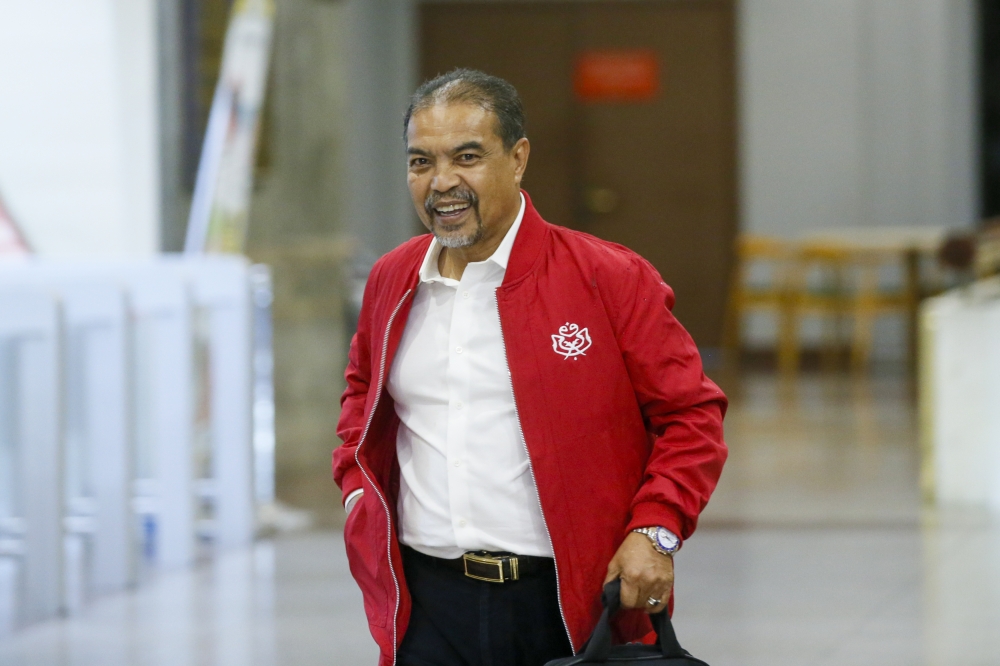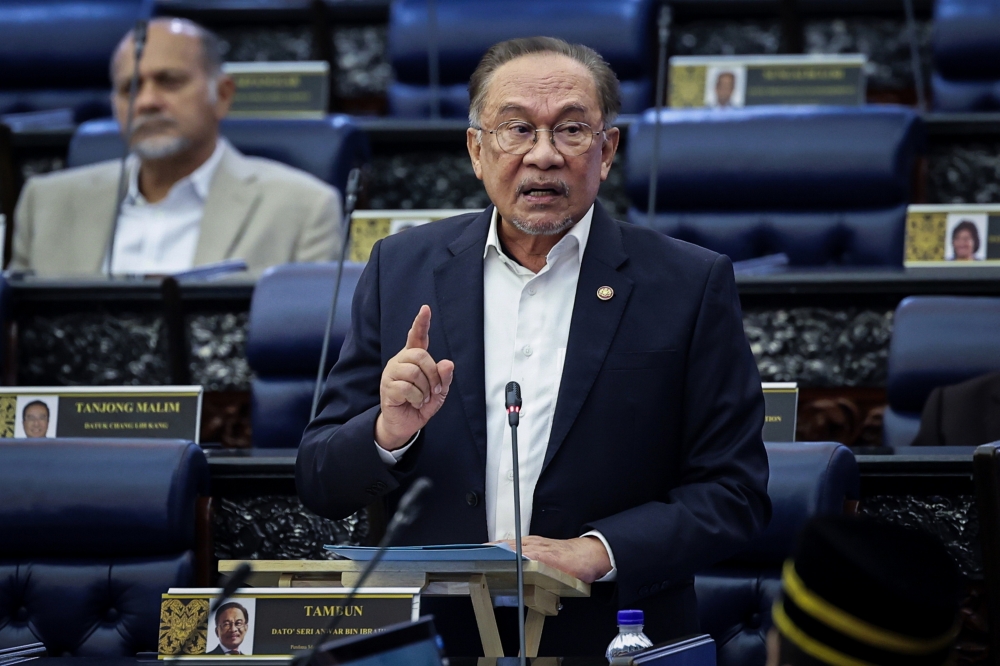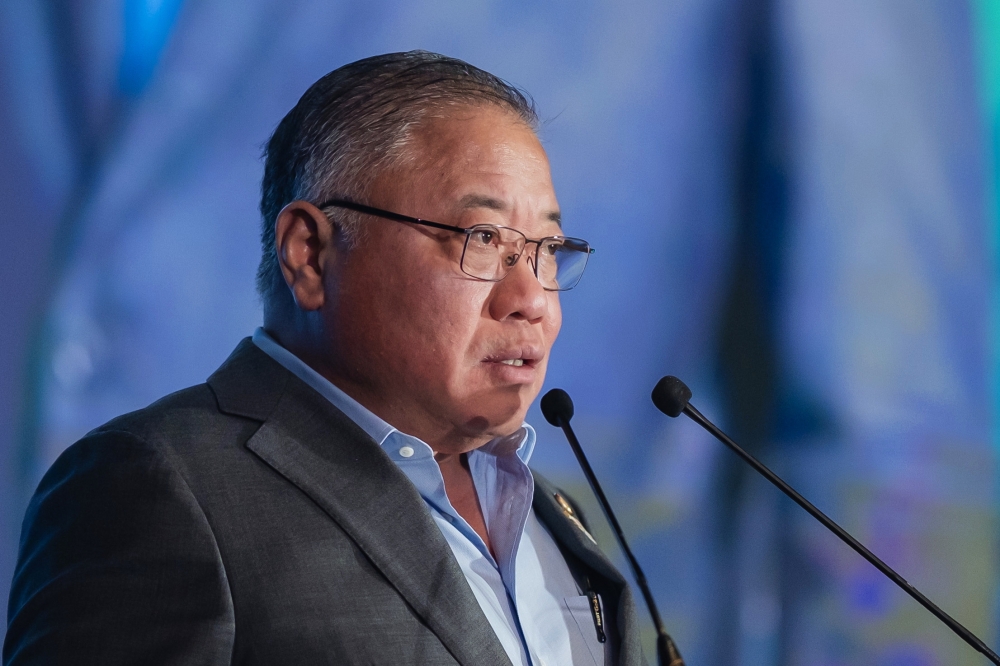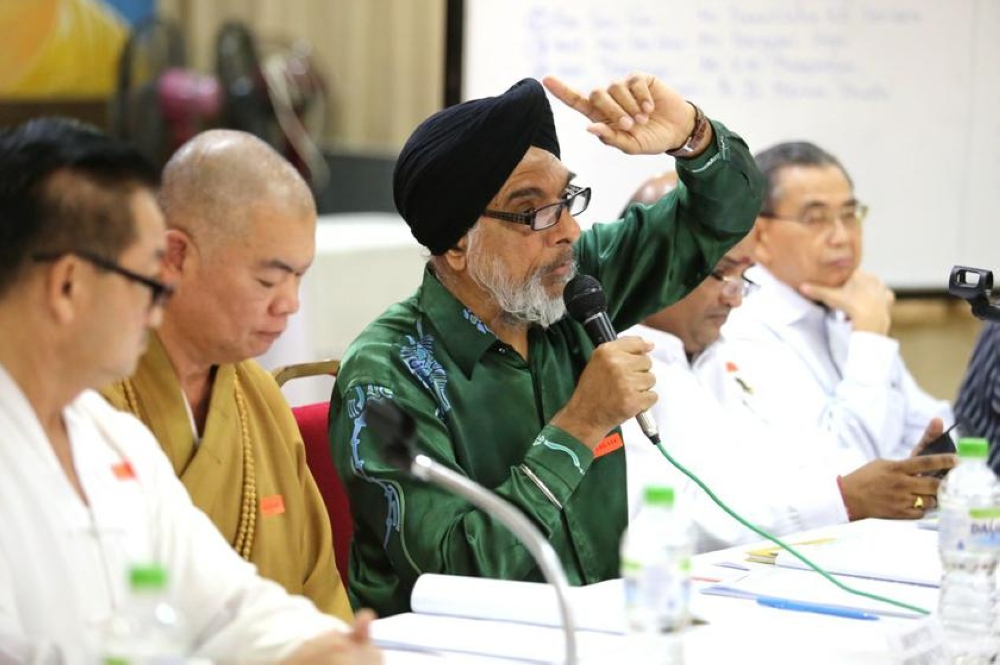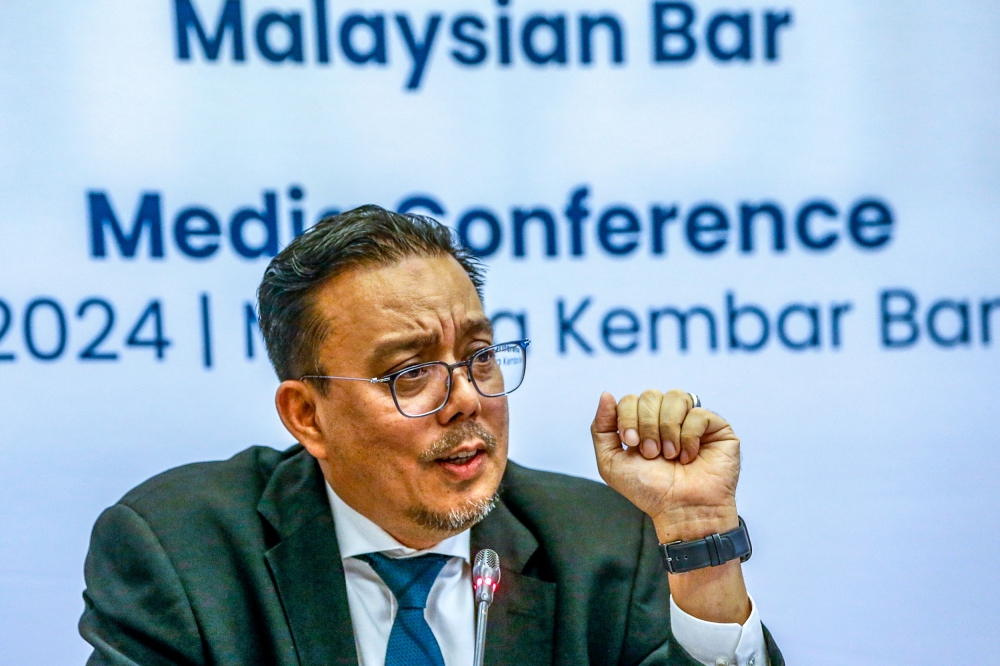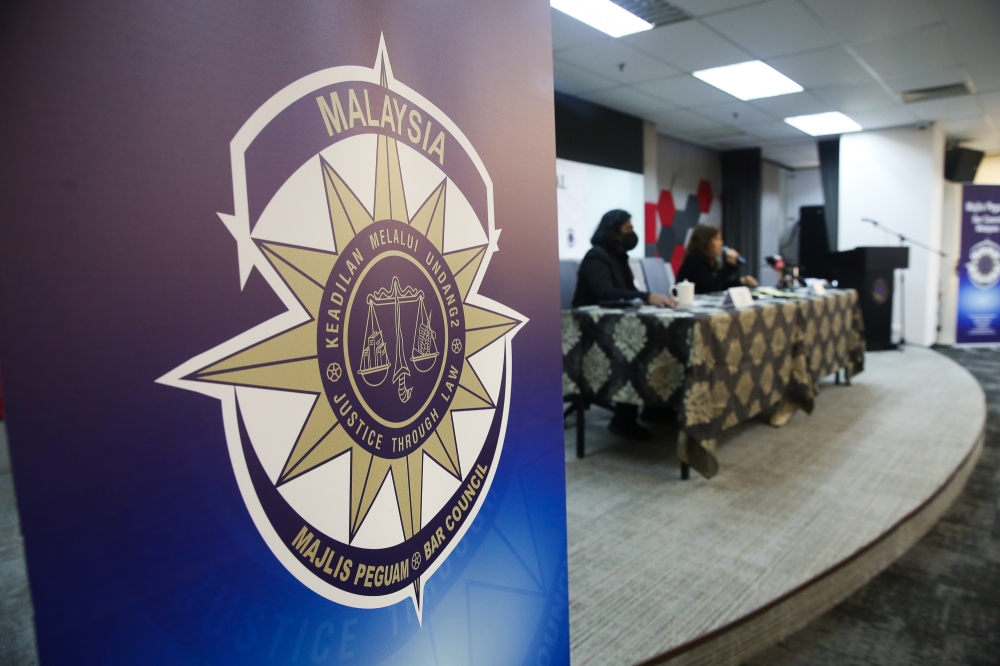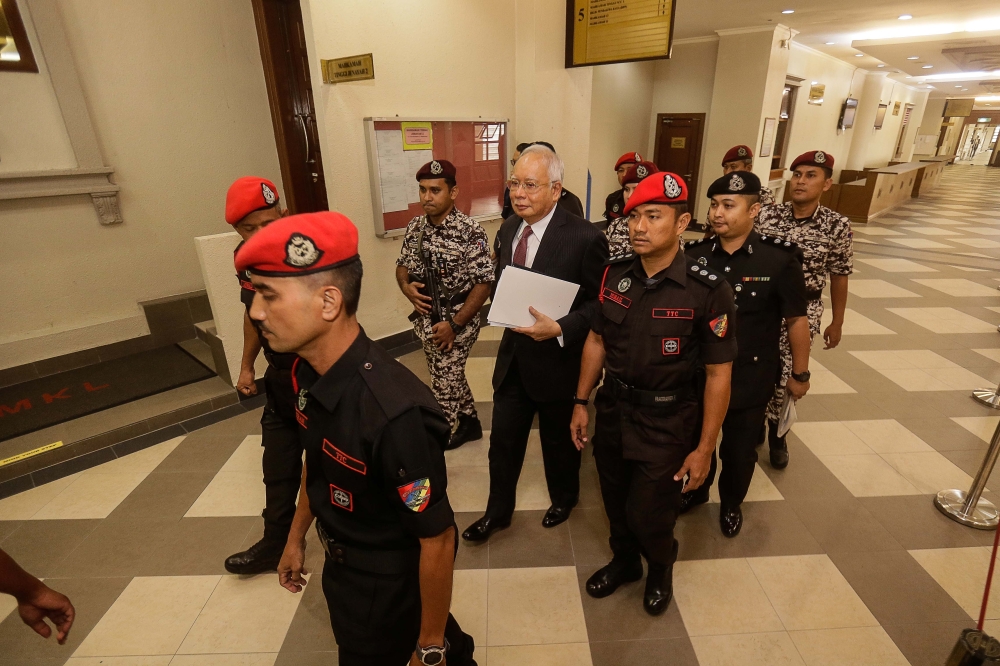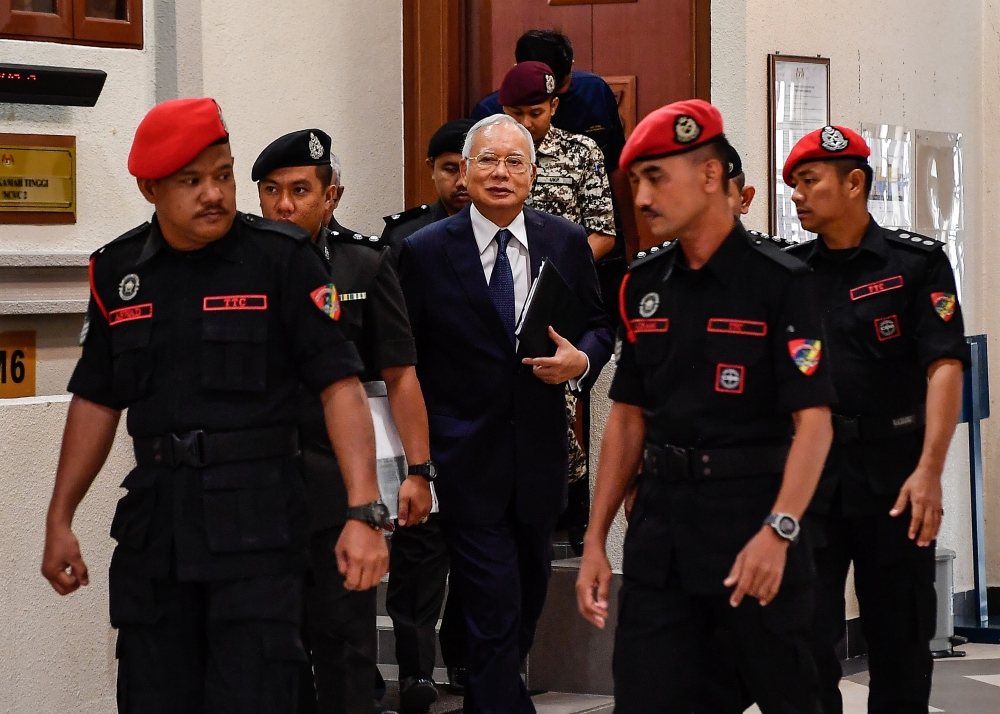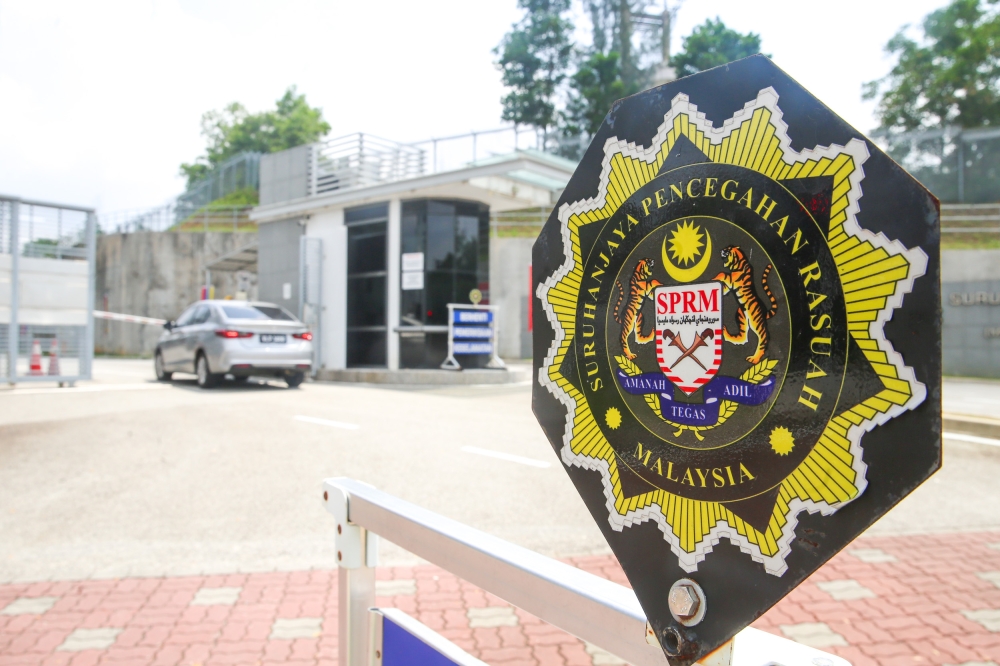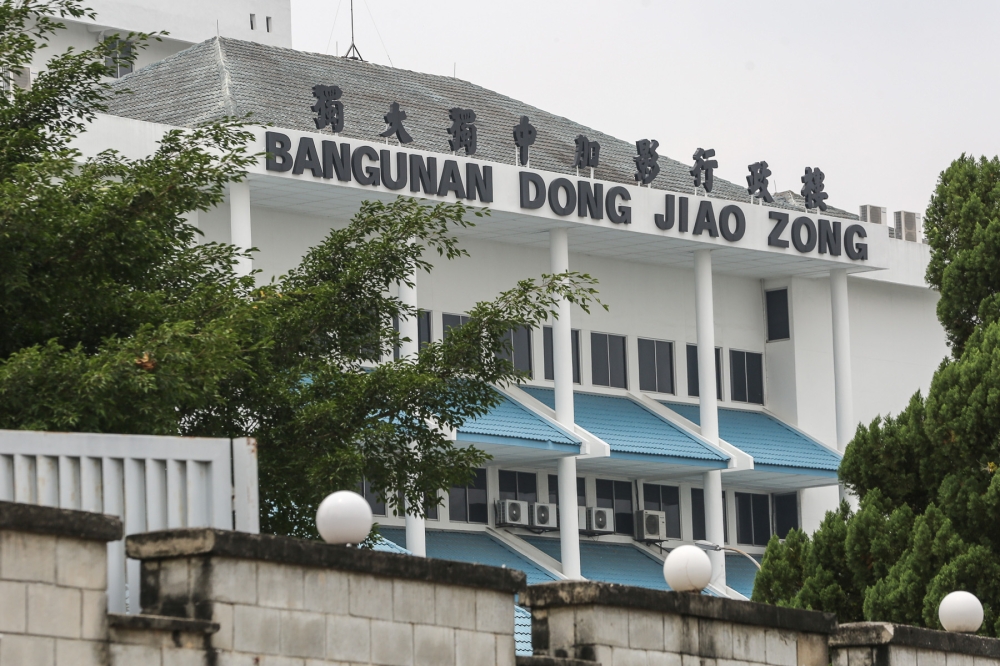KUALA LUMPUR, March 16 — The Malaysian Bar today voted to go to court to challenge the legality of the Pardons Board’s decision to reduce former prime minister Datuk Seri Najib Razak’s 12-year jail term and RM210 million fine in relation to the misappropriation of SRC International Sdn Bhd’s RM42 million.
At the Malaysian Bar’s 78th annual general meeting (AGM), members of the legal professional body for Peninsular Malaysia in a near-unanimous vote adopted the resolution for the Bar Council to urgently file the court challenge.
Malaysian Bar’s new president Mohamad Ezri Abdul Wahab said that 238 members of the Malaysian Bar had voted in favour of this resolution, while “only one” member at the AGM voted against filing the court case.
“We have overwhelmingly approved with overwhelming majority the motion regarding the Pardons Board’s decision, of which it has been decided we will file a judicial review regarding that,” he told reporters here after the AGM ended and after the Bar Council for the term 2024/2025 held its first meeting.
“We are thinking of filing in within these two weeks,” he said, adding that the Malaysian Bar will have to take its lawyers’ advice regarding the details of the planned court challenge.
When asked why it has to be the Malaysian Bar to file this court challenge against the Pardons Board’s decision and why it is not left to individuals or non-governmental organisations to do so, Ezri explained: “So why us, it’s because of our duty without fear or favour and us protecting the rule of law, so that’s why I think the floor has decided in that manner that we need to file in the judicial review.”
Asked to address any perception that such a court challenge against the Pardons Board’s decision could be seen as challenging the Agong’s pardon powers, Ezri pointed out that the planned court challenge is not against the Agong’s decision.
“So but then, we are only filing the judicial review on the Pardons Board, it’s not on the decision of the Agong.
“So as far as we come to know, is that, all who have heard the decision made by the Pardons Board is not happy, so we are going to help ascertain what is the right thing that should happen,” he said, regarding the Pardons Board’s decision in Najib’s case.
Asked to explain if the Agong’s pardon powers and Pardons Board’s decisions are separate matters, Ezri said: “Ya, according to the law, the Pardons will make a recommendation and the Agong will make a decision, but as far as we know, the Pardons Board has made decision not within what is supposed to be done, so that is why we are reviewing it.”
“The motion specifically named the Pardons Board, no other parties,” he also pointed out.
The resolution which the Malaysian Bar passed today with an overwhelming majority is that it resolved “that the incoming Bar Council, on behalf and in the name of the Malaysian Bar, challenges the legality of the said decisions of the Pardons Board, by urgently instituting Judicial Review proceedings against the Pardons Board and Najib Razak (in such manner and on such grounds as may be advised by its counsel)”.
The motion for the resolution was proposed by former Malaysian Bar president Zainur Zakaria and seconded by former Malaysian Bar president Yeo Yang Poh.
The proposed motion had argued that Najib’s application for a pardon should not have been processed and decided on as he had only served one-and-a-half years of his 12-year jail term and that he had not paid the RM210 million fine on him.
The proposed motion had also stated the Malaysian Bar as viewing the Pardons Board to have acted “ultra vires” or beyond Article 42 of the Federal Constitution and against the law when the Pardons Board decided to reduce Najib’s jail term by half and to reduce his fine to RM50 million.
This motion on the Pardons Board's decision was one of six motions that the Malaysian Bar approved today at its AGM.
Yesterday, news portal Malaysiakini reported Najib’s lead defence lawyer Tan Sri Muhammad Shafee Abdullah as declining to comment on the proposed motion regarding the Pardons Board’s decision regarding his client.


